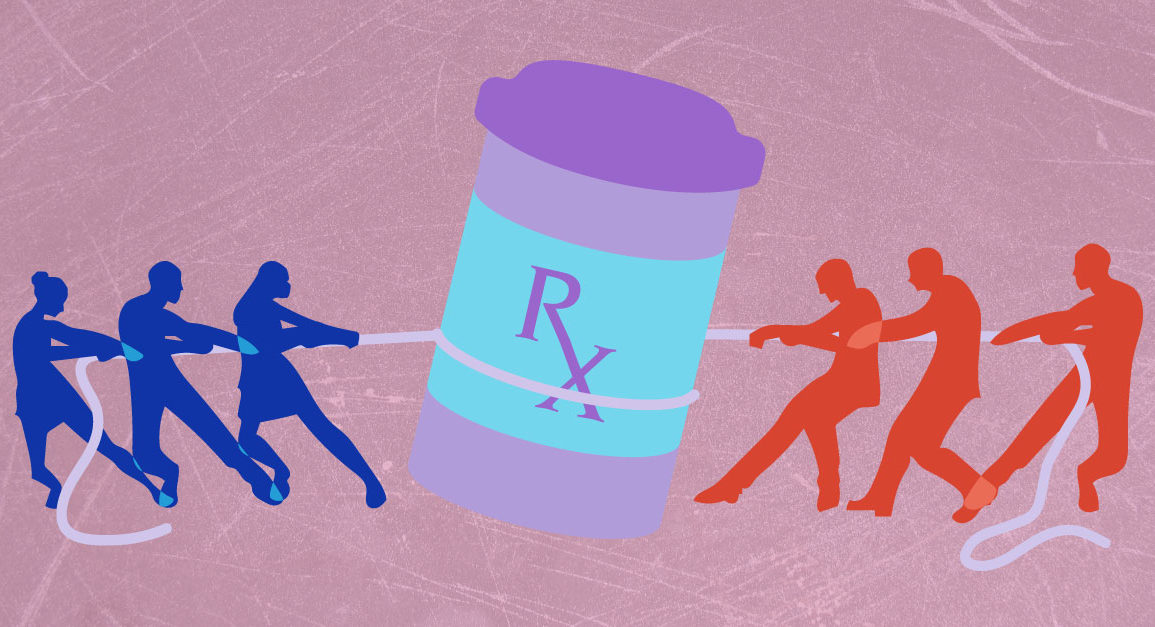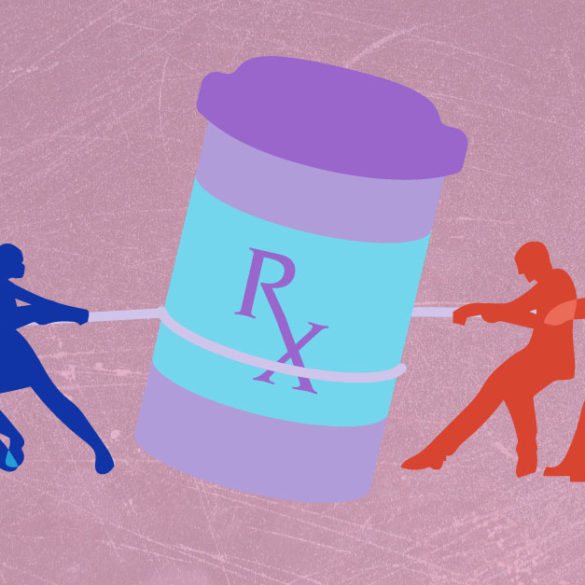While it can be a personal matter, health is often subject to decisions put in place by our government.
I started taking birth control in high school to regulate my intense periods. Each month I would drive to the CVS near my house, go through the pick-up window, and hand the pharmacist my mom’s company medical credit card.
One day, after a year or so of taking my birth control, I handed over my mom’s card and the pharmacist said, “Oh, there’s no charge today.”
I was confused, but I wasn’t going to argue it. I drove home and asked my mom why it would be free this time. She didn’t know, so we turned to the internet and discovered that the Affordable Care Act mandated that insurance cover some FDA-approved birth control at no out-of-pocket cost.
The ACA gave more than 55 million women coverage of birth control with no copay. On Oct. 6 of this year, President Donald Trump rolled back this birth control mandate.
Many people argue that women’s health is too politicized—that government officials shouldn’t be able to regulate reproductive health care. But reproductive rights aren’t the only branch of health covered in government fingerprints.
In this digital edition of Ball Bearings, our writers cover parts of our health that are politicized. One reporter sat down with four experts to discuss why health is so politicized in the first place.
We feature a woman who has fewer than six months left to live, and dive into the cost and effectiveness of hospice care. One writer provides a first-person essay on her experience with health care and how the cost deterred her away from getting the help she needed. Finally, we compare the health of different countries and the factors that contribute to a nation’s health.




